I’m so disappointed in Adele Ferguson and Chris Gillett. I can’t believe this is an ABC story.
Firstly, I do want to express my sadness for the people in the story whose lives were taken, destroyed and affected.
Apparent to me from my life experience (sorry, only real life data available!) and this story is that shonky operators and insurers are not healthcare professionals.
I’m also concerned for anyone who might be in line for surgery – Four Corners, you may have killed their possibility to obtain great treatment.
An investigation into the prevention of catastrophic outcomes of surgical treatment by unprofessional and unethical treaters could have been better executed. For example, it could have genuinely explained the four corners of surgical treatment for chronic pain – not just one worst-case scenario.
But then, this story wasn’t about care, was it?
Shonky operators will always exist —in every business area (accounting, law, engineering, retail, service providers), even in healthcare.
Insurers will also continue to impact people’s return to work and quality of life by withholding rightful support, such as nerve stimulators. They often project what suits them.
What investigation?
Where was the hope for the 1 in 5 people living in pain that this story claimed to want to help?
I’ve always considered ABC media informative. This story definitely gave me the insurer’s perspective. Where was the rest?
I can’t stand by without responding as I have restored a significant quality of life due to my brilliant health team and my nerve stimulators (yes, more than one).
I have lived with pain for 17 years now. And it got so bad for a few years that it took away my will to be on this earth.
I doubt the presenters of this story and their invited team of professionals know what real-life experience with chronic pain is like.
Dr Hayes has experience treating chronic pain, but DR MARGARET FAUX, medical billing expert, PROF. IAN HARRIS, Orthopaedic Surgeon and DR RACHEL DAVID, CEO of Private Healthcare Australia are all from insurance backgrounds or deal with insurance heavily.
Alarm bells!
Insurance and health treatment decisions do not go together.
I’ve experienced the language and approach FourCorners used to present their story in my dealings with WorkCover. The method is ignorant and fear-driven. It’s dramatic, abrupt, and convincing!
But not for me anymore. Once you deal with bullies, you can sniff them out a mile away.
How were no avenues or consideration for any treatment options provided by these professionals? Where is their duty of care? What did they want the patients in the story to have done instead?
But they were happy to caution 1 in 5 Australians to stop investigating any surgical treatment and to assume it will most likely get them a poor outcome.
All insurers want people to do this. It costs them too much when people investigate, and they’ll go to any lengths to prevent effects on their hip pockets.
And they will stoop to the lowest of levels; I was filmed walking on the street, standing inside my home, and insurance companies conjured stories and lied to me to get investigators into my house.
They portrayed me as trying to rip them off and intimidate me so I would give up my fight to avoid paying me my rightful compensation.
I was fortunate to be able to fight, and I wrote to the fantastic and supportive Lisa Neville MP, who helped me and, I got my treatment support reimbursed.
I am living because of the treatment.
How was there no address for successful surgical treatment in this story?
The message of ‘these treatments don’t work for anyone’ is sickening.
An insurer will never utter any positive word in conversation. It’s how they win. They intimidate. They convince. They damn. They lie by providing only the information that works for them. They twist the facts. They are good at all of this.
My experience with WorkCover formed part of the Victorian Ombudsman’s report… that was the second report the VO had to write about that awful compensation system.
‘Low-hanging fruit‘ is how Denise Cosgrove, Victorian WorkCover Authority CEO 2014, addressed people who need to access their rightful compensation and health insurance.
Where/when an insurer speaks, it’s not about care but rather profit.
Four Corners should have presented the pros and cons if the story was indeed about care. I expected more from the Australian Broadcasting Corporation. There are many success stories, and I am one of them.
I’ve had three nerve stimulators – 1 mechanically failed (I believe) and needed replacement, nothing to do with adverse effects or my surgeon’s care.
There are so many more important facts about pain treatments. This story focused on the small percentage of failures.
Here we are again, living for the one per cent and being fed poor media.
Data shmata?
Data does not provide evidence of lived experience.
Healthcare’s obsession with data can be a primitive approach to solving serious problems. It often holds up progress and change in healthcare. I’ve felt it.
The excuse that Four Corners could not provide more specific details about individual experiences is really poor. It’s the details that make the difference.
These treatments have and do work and have saved lives and will continue to do so.
Here’s one significant fact: no person experiences pain the same way.
So then, how can data help us understand the lived experience of chronic pain and then treat it?
Here’s another significant fact: I haven’t seen my pain specialist (or any other health practitioner) for the management of chronic pain since my final follow-up appointment post-implant of my spinal cord stimulator in 2019.
That’s over five years. Where was this data that could have told a more truthful and accurate story? The other side to the story – or is the ABC becoming one-sided?
No data collected during my 4.5-year medical Odyssey could have helped anyone understand what I’d been experiencing at that time or even could be collated to define the last 17 years of my life.
And yet, here I am with a spinal cord stim that is slowly allowing me to restore my life. I couldn’t live without this device now.
But mine was implanted by an ethical professional—someone who makes it his life’s work and has a great deal of experience with these treatments.
Where was his professional opinion in this investigation?
Dr. Hayes hasn’t implanted a stim in 20 years. If he treats people without the need for stims, I would really love to hear what treatment he offers!
You can only comment on these treatments if you know them inside and out. The data referenced in this story more likely informed us about practice than treatment—and dirty insurer tactics.
It also highlighted a point that I have become most passionate about since landing in the world of chronic pain – the lack of self-care and interest people take in managing their care and the lack of understanding of pain treatments.
People have to be more involved in their care especially with chronic conditions. Patients can no longer sit back and have information fed to them. That age has passed, and information is readily available.
It also reiterated another primary fear of mine – insurer input does not belong in healthcare.
Can I offer my wisdom?
For people
- Do research on your practitioners. It’s your job.
- Take an active role in your care and be more thorough with treatment investigations (ie. I decided to have a spinal cord stim implanted, not my surgeon).
- Investigate your treaters. It’s your job.
- If you don’t have an opt-out for surgery, that is a serious alarm bell.
- Learn about the treatment you are about to embark on. It’s your job.
- Learn about the risks. It’s your job.
For healthcare practitioners
- Keep insurers out of the decision-making part of healthcare.
- Educate patients on pain management and treatment (provide patients with homework).
- Prioritise people’s return to work and return to life.
- Are you a GP? It would help if you had more education about chronic pain.
- Value and respect physiotherapists, psychiatrists and alternative treaters – prioritise the need for these effective treatments early on in someone’s pain experience.
The reason my life is impacted now is due to the lack of education by medical practitioners. The message from the presenters in this investigation falls into the ignorance category. Their message is dangerous.
These speakers insult their colleagues and profession by focusing on the small percentage of dishonest operators. From a patient perspective, it left me feeling unconfident and terrified that people who consider themselves as health caring could behave so unprofessionally.
FourCorners, your approach was completely unprofessional, and the story was a one-sided investigation.
Had I not endured a four-year medical Odyssey, I would not have required nerve stimulators, nerve blocks, cortisone injections, etc – this is how to avoid the need for surgery and riskier treatments.
Because of its ignorant, brutal, and overdramatised delivery, I can’t accept the story as a case for caution. This investigation was an insurer-driven horror story.
I’m glad the TGA hasn’t responded. If this is the insurer group’s argument, I expect the TGA to demand a more professional submission than this narrow-minded pitch.
FourCorners, how about you turn down the dramatics and give us some substance? Stop the fear-mongering and focus on care if you are genuinely concerned about the 1 in 5 people living with chronic pain.
Withholding facts is a severe violation of trust.
Your short-sighted investigation exists as another example of insurer tactics and shows the lengths taken to avoid delivering people their rightful support when they need it most.
Shameful.
Response to the FourCorners episode by my specialist, Dr Nick Christelis
(Excerpt from 4 Corners – The Pain Factory. Upside Down Reporting by Dr Nick Christelis)
‘This reporting was inaccurate. The reporters and experts on this program even failed to ensure that the staged and somewhat irrelevant scans and X-rays were correctly oriented, presenting radiological images upside down. The experts were shown to be dramatically examining the scans, oblivious to such a basic error. Any competent medical professional, and many laypeople, would immediately recognise such a glaring mistake, as evident as an upside-down chest X-ray.
The reporters did not approach any practicing specialists and experts in this field of medicine, nor did it approach any relevant faculties (Anaesthesia (ANZCA), Pain Medicine (FPM), College of Surgeons (RACS)) or societies (Neuromodulation Society of Australia and New Zealand (NSANZ), Australian Orthopaedic Association (AOA), the Neurological Association of Australasia (NSA), the Spine Society of Australia (SSA)) or the AMA.
Any of these faculties, societies, associations may have helped this journalist to understand this field of medicine before the many inaccuracies and errors were aired.
I believe the TGA was contacted one business day before this report aired.’


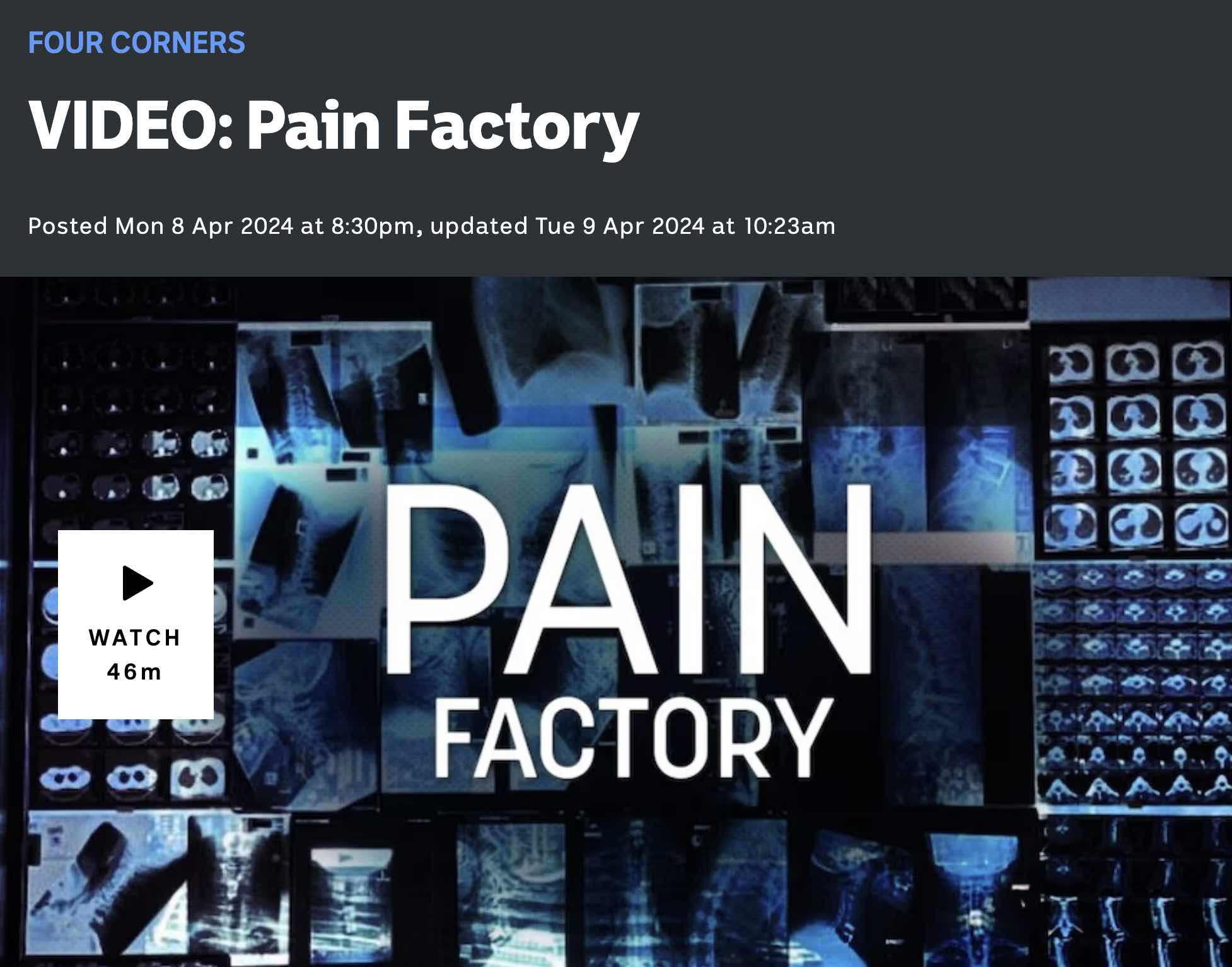
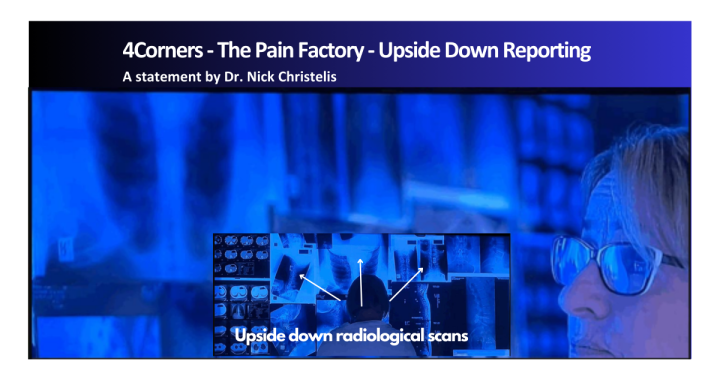


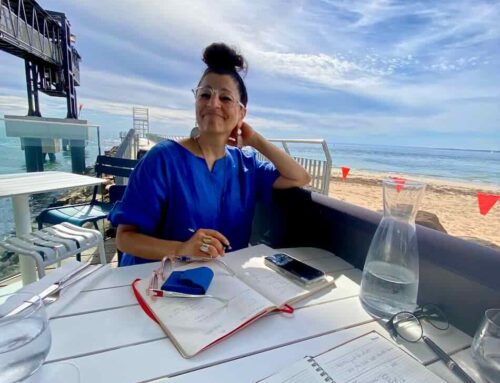

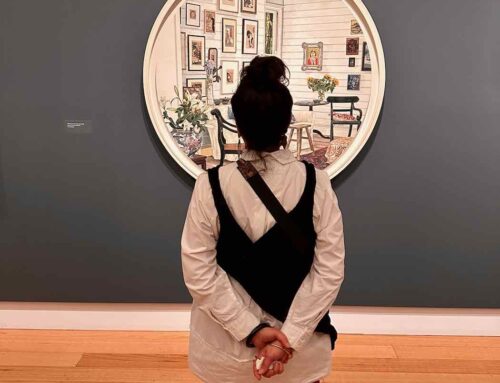
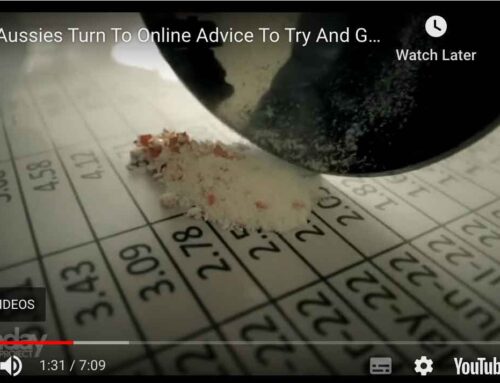

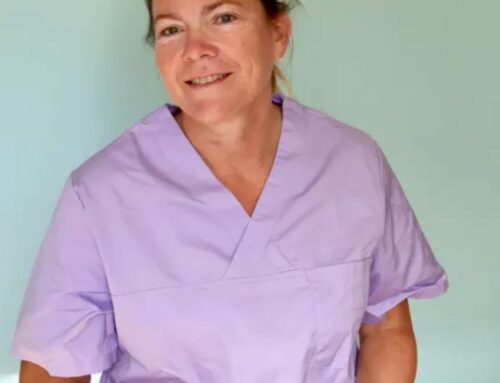
Thank you Frances. You might be interested in reading Dr Nick Christelis’ response. I just added it to this post.
My thoughts exactly. Shame on the ABC for such biased reporting. Absolutely no voice for people like us who have had their lives improved with the stimulator. No voice for the many dedicated pain specialists who give their all to improve the lives of people with chronic pain.